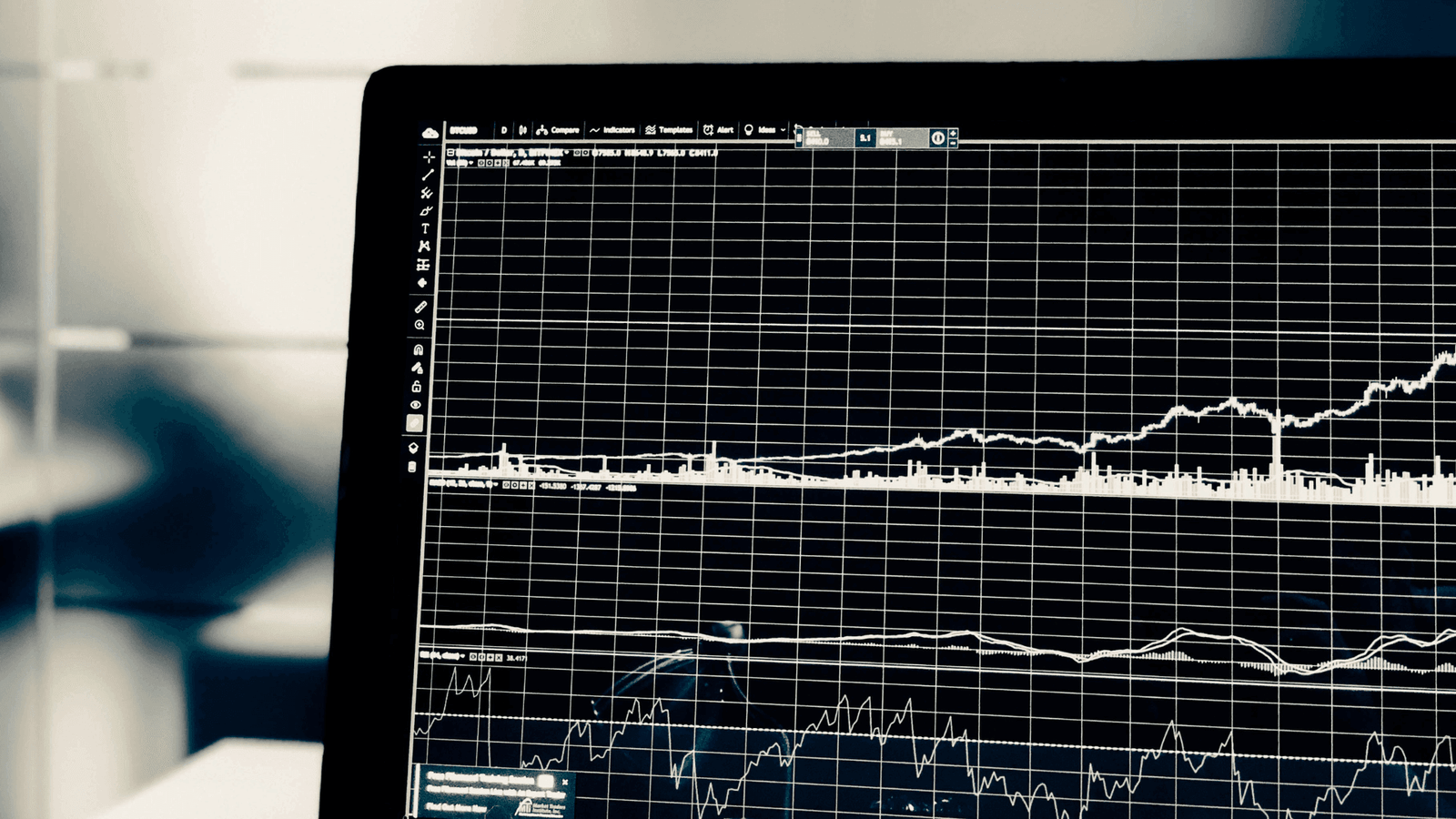The PMI stands for Manufacturing Purchasing Managers` Index, and it tracks the activity levels of the managers of the manufacturing unit. The 50-level points are a benchmark; anything above 50 shows an expansion, and anything lower than 50 shows a contraction. PMI is a broader index, and traders often take it as a barometer to know the current condition of the company. And it is seen that when PMI increases, the expectations are also high, and when it goes down, the expectations are also going down.
As per Wednesday`s data, this month businesses in the Eurozone came to a halt as an unpretentious expansion in the region`s leading services sector was insufficient to compensate for a decline in manufacturing.
HCOB`s preliminary combined purchasing managers index, which is collected by S&P Global, fell to 50.1 as compared to June`s 50.9. The data shows a growth that is slightly above 50 points; it clearly shows a decline as per the predictions made by Reuters of an increase of 51.1 during the current month.
Oxford Economics’ Miss Rory Fennessy states that the economic recovery is losing its momentum, which is indicated by the primary indicators and reports as per the Eurozone`s preliminary July PMI. If this decline continues and if there is no sign of recovery, we have to lower the upcoming predictions, which are based on GDP growth.
As per the earlier predictions made by Reuters, which show that the Bloc economy will rise by around 0.7 per cent in the current year and additional growth of 1.4 per cent as of 2025, Germany is predicted to see growth of 0.2 per cent this year and 1.2 per cent next year.
PMI also stated that, due to the declining trend of this month`s business performance, which is fuelled by the fall in manufacturing units`s output, Germany`s growth trend may reverse to a downward trend.
In a survey conducted by GFK and NUREMBERG INSTITUTE for market decisions collectively, they stated that, as of the previous two years, data shows that the German`s household income has significantly increased, and this has lowered the consumer price rise, and there is a clear view of increased wage rates for consumers in the country.
France`s manufacturing unit remains weak, but according to reports amid the preparations for the 2026 Olympics, France’s primary support industries have seen significant growth in their respective sectors.
Beyond the euro zone`s concern, British businesses have seen a significant rise in order inflows and a tremendous rise in manufacturing sectors this month compared to last year`s April. This will help the British economy get back on track.
The Bank of England reported that British inflation has seen a significant fall in the last three years, which may boost support for the newly formed government of Prime Minister Keir Starmer, whose primary goal is to increase public spending for quicker growth.
Composite Future has witnessed a decline of 60.0 points, which is lower in the last six months than June`s 60.8 points. This indicates that the predictions made for the Eurozone have failed again, signifying that businesses cannot make a recovery comeback this time.
PMI has predicted a growth of 53.0 points this month, but the Euro Zone`s service sector dropped significantly to 51.9 points from 52.8 points.
The output price index fell to 53.2 from 53.5. The service firms witnessed strong growth in this month`s input costs, but on the other side, they increased their charges at a slower rate.
The European Central Bank’s policymakers might accept that this development occurs in the Eurozone if they held interest rates steady as compared to the lowering rates in July, but September`s decision is still undecided with no fixed outcome yet determined.
As per Capital Economics` Franziska Palmas, the PMI is unable to provide much additional insight regarding the European Central Bank`s September resolution. The European Central Bank`s members are now aggressive and more awake, as a result of the high price and declining economy. But it is also expected that there will be turnover in September.
As per the majority of economists at Reuters, it is predicted that the European Central Bank will decrease its deposit rates twice this year, one in September and another in December.
One of the indexes fell to 45.3 points from 46.1 points, while the manufacturing PMI of the Eurozone has seen a decline from the last seven-month low of 45.6 points as compared to June`s 45.8 points.
The employment index has also declined to 46.8 points from 47.5 points, while jobs in the bloc have been cut at a quicker rate since December last year because of the lower demand rate.
Link: https://www.reuters.com/markets/europe/euro-zone-business-growth-stalls-july-pmis-show-2024-07-24/


























